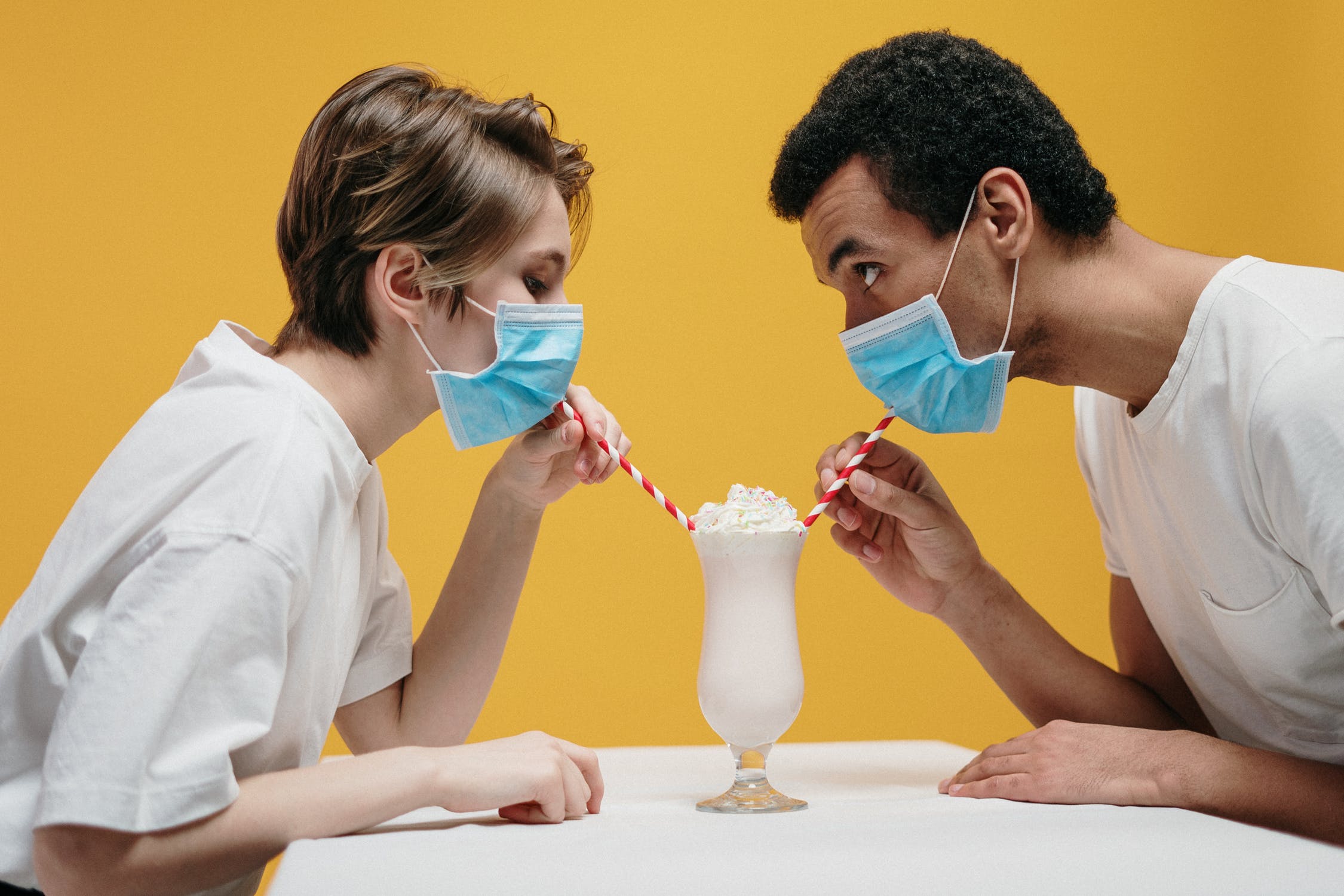
Everyone has felt the effects of the pandemic. Still, a heightened focus is on groups at the highest risk: The elderly, whose immune systems are weakened and are in danger of severe infection, and children, who are being held out of school and missing out on developmental milestones. But at times, there is one group left out of the discussion. A group seemingly ignored because they are statistically at a lower risk for severe infection. Concern about their well-being isn’t at the forefront of everyone’s minds, but that does not diminish the fact that they are suffering in different ways that need to be acknowledged. That group is teenagers. Having to deal with school closures, social distancing, and being removed from their social network, teens everywhere find themselves at a higher risk of depression and anxiety.
One of the biggest causes of COVID-19 driven anxiety in teens today stems from their education shifting from in-person to distanced learning. When the pandemic’s presence became widely felt in the United States in early 2020, students found themselves having to adapt to virtual schooling. This challenge forced students to deal with in-home distractions and interruptions. And although educators have done everything they can to make this means of learning as effective as possible, it is hard to replicate the in-class experience.
For teenagers, missing out on numerous rights of passage has been one of the more significant blows they’ve been dealt with by schools closing. From prom to class trips to graduation, canceling these events has been especially difficult for teens. These huge milestones are motivating factors in getting kids through school. It is something everyone gets to do once, so to see it vanish before their eyes have been a critical blow to teen’s mental health.
It is not just losing out on social milestones and adjusting to a new learning style that is wreaking havoc on teens psychologically, emotionally, and mentally, but being removed from their social circle is devastating. Stress is already at an all-time high at this point in their life, and teens rely on friends to help them form a sense of identity, so losing this connection is one of the most challenging difficulties they have to overcome.
Despite all of this, on the whole, these teens have been a resilient group. Having navigated through these tricky times for an extended period, teens are now seeing a glimmer of hope. Vaccine distribution is continuing at a record pace, which will likely result in a pre-pandemic style of life returning. There is speculation of vaccines being available to teens as early as this spring; as the country continues to open up, teenagers will finally be able to reunite with friends and proceed toward their future.
One factor that may be playing into some teen’s abilities to bounce back psychologically from the difficulties suffered during the pandemic is the Hedonic Adaptation. Coined by scientists Philip Brickman and Donald T. Campbell, Hedonic Adaptation shows that there is a tendency in people to return to a relatively even level of happiness despite any significant positive or negative events in their lives. Because of this, like many adults, teens struggled early on but have found a way to persevere.
Though, if you are a parent of a teen who has not bounced back so quickly and continues to struggle with depression or anxiety caused by the COVID-19 pandemic, there are ways to help guide them through this difficult time.
Be Open
Teens tend to be more tight-lipped around their parents, as they rely heavily on opening up to their friends. Please take this opportunity to be open with your teen about the pandemic and their mental health. Discussing the reality of COVID-19 concerning your family can relieve some of their concerns. Helping them understand that your family is safe while making clear that the pandemic’s end is within reach may put some of their rightful fears to rest.
Structure
As a teen experiences distance learning, it is easy to fall into the trap of living their lives in an hour to hour, meandering fashion. But by implementing some structure into their day, not only will the days feel more “normal,” but they will obtain a sense of accomplishment when the day is complete.
Vitamin D
One of the best routines to instill into your teen’s schedule is getting them outside for some daily physical activity. Not all teenagers may initially love this idea. Still, exercise proves to alleviate anxiety and depression, and hopefully, your teen will quickly see the positive aspects that happen from getting out of the house.
Their Turn to Help
Lost within the trials and tribulations of the pandemic is a teen’s sense of purpose. When their days are constantly feeling unchanged, spent in front of a screen, doing the same task repeatedly, breaking up the monotony will help them mentally. Something as simple as cleaning up around the house, running to the market, and helping make dinner, can give them pride in assisting the family and gaining a feeling of purpose.
Although some teens have found a way to bounce back from the past thirteen months of difficulties, many continue to struggle. If your teenager suffers from depression, anxiety, or substance addiction due to the COVID-19 pandemic, Mission Harbor is here to help. With roughly 4.4 million individuals between the ages of 3 and 17 who are diagnosed with anxiety, and 9 million suffering from depression, our team of world-class experts understands the pressing need for help, which is why we specialize in teen recovery. If your teen is experiencing any of these issues, please call Mission Harbor at (805) 209-4433.




